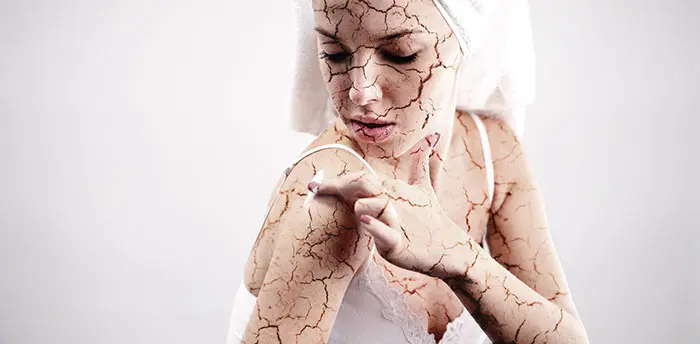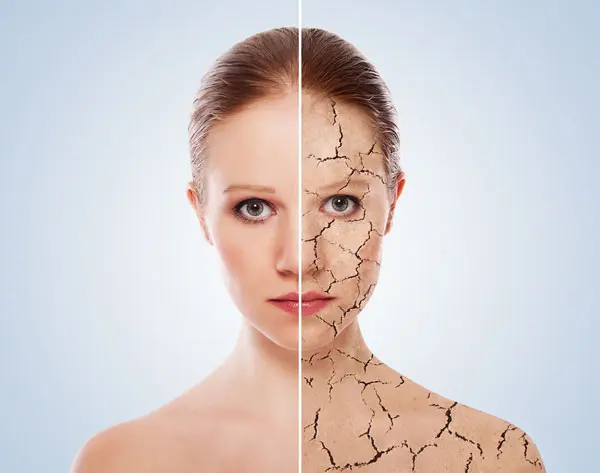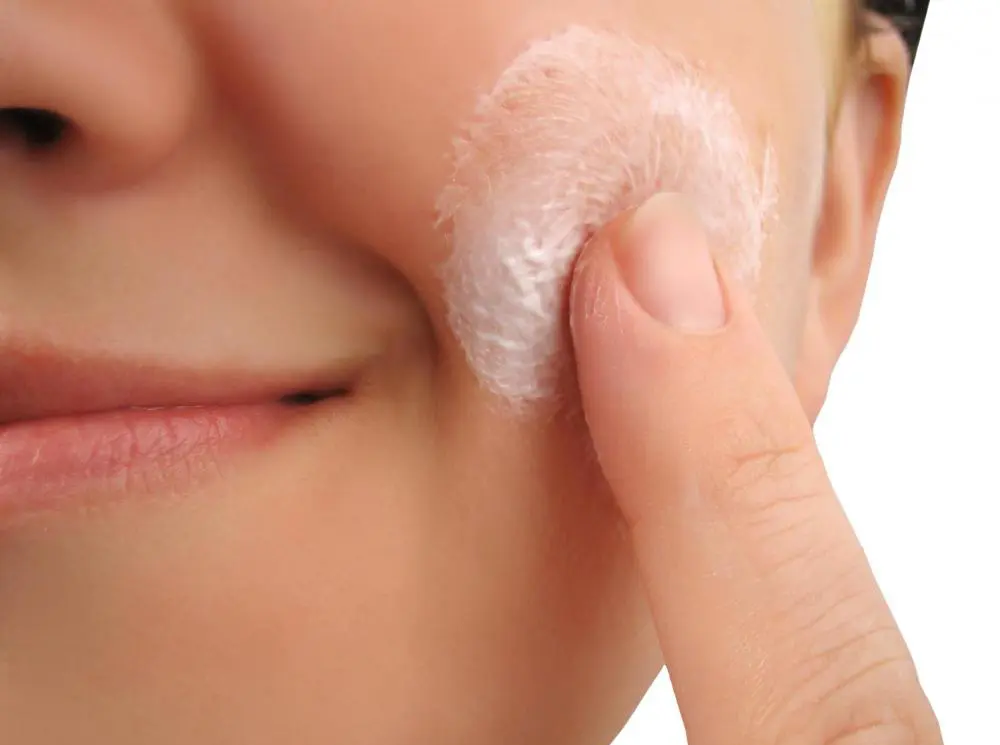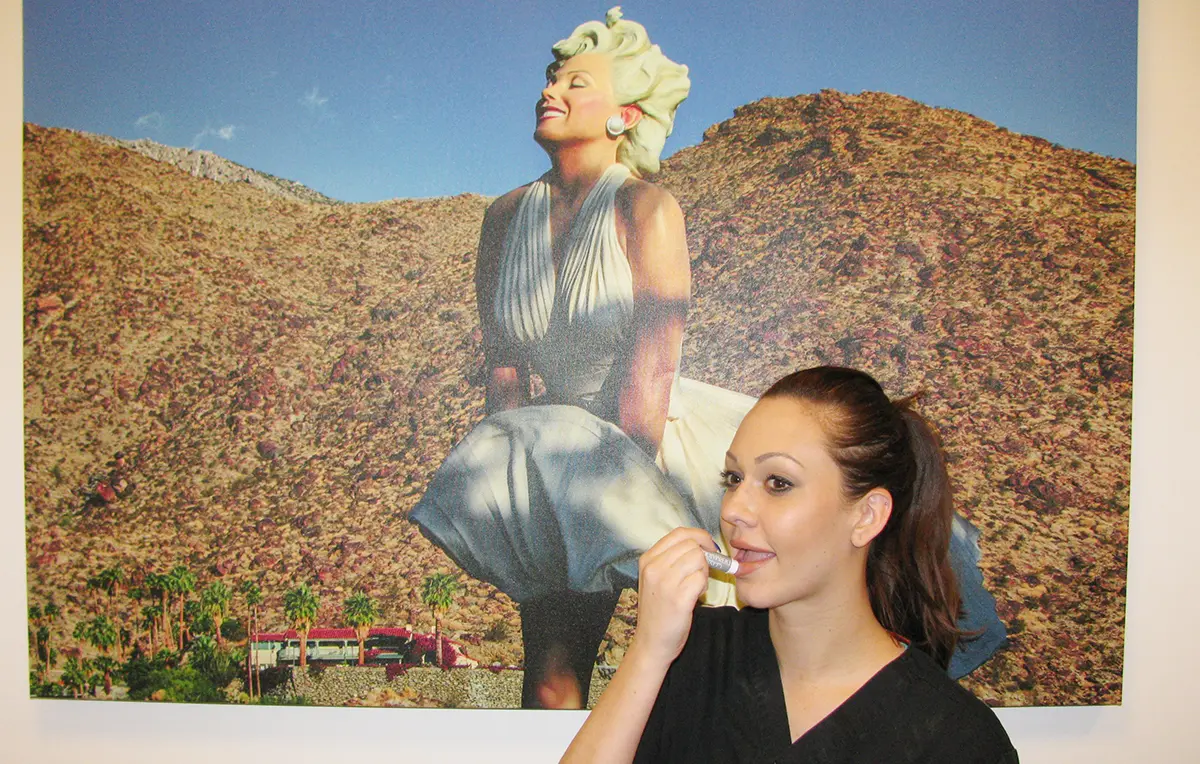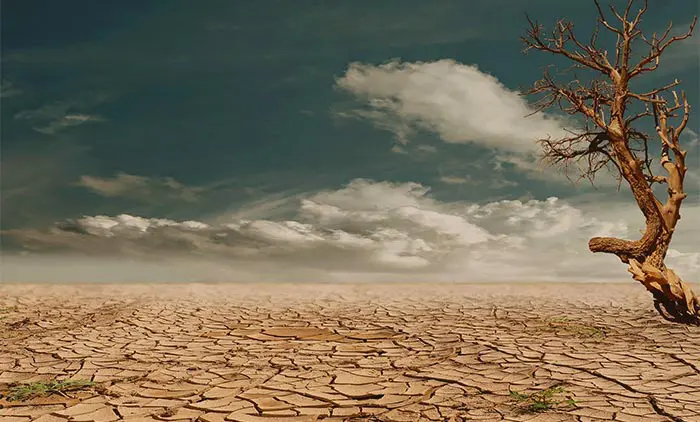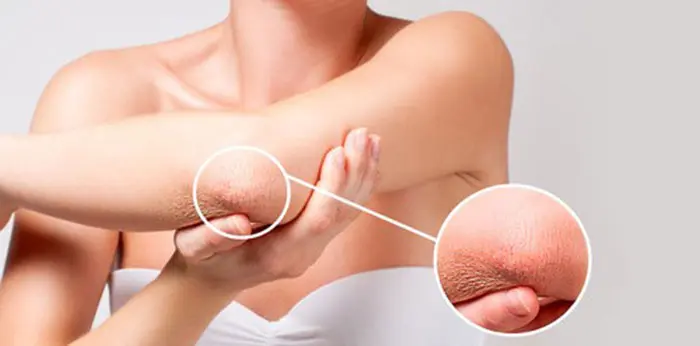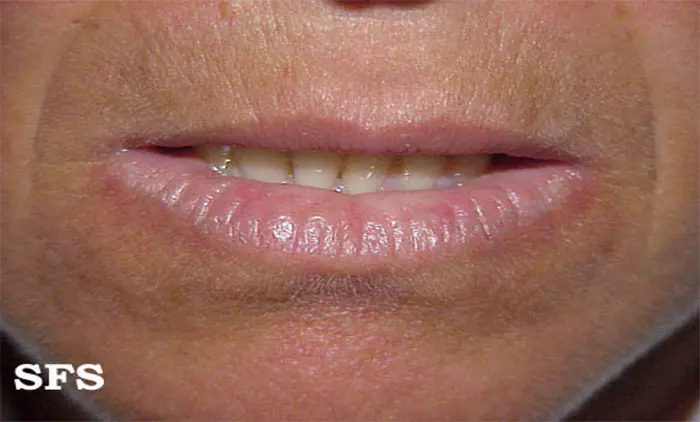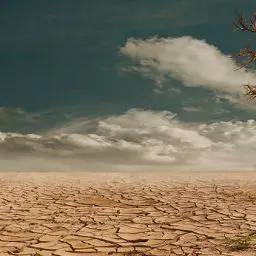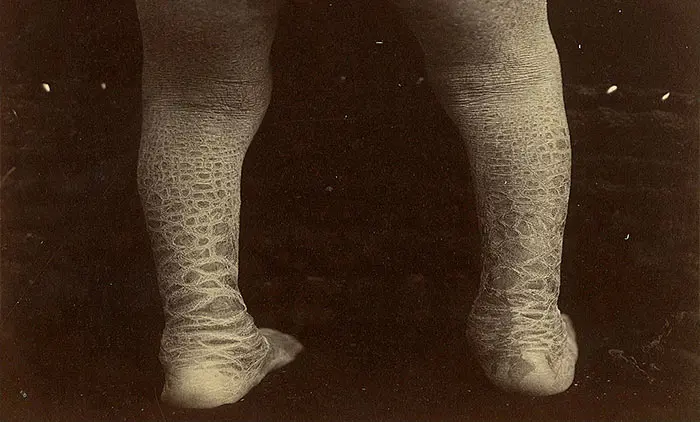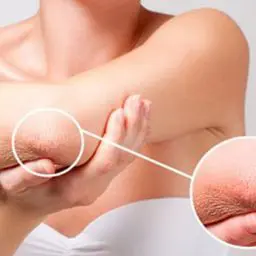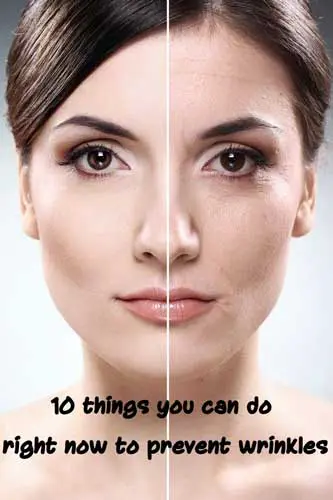Tips for Relieving Dry Skin In The Fall & Winter
Moisture is the Key During the Cooler Months
Following the same skin care routine year round may not work so well when the humidity drops. Without a change in your skin care, dry air can make fine lines and wrinkles more noticeable.
Dry skin can itch, flake, crack, and even bleed. To help heal dry skin and prevent its return, Dr. Jochen recommends the following:
Tips for Relieving Dry Skin In The Fall & Winter
Moisture is the Key During the Cooler Months
Following the same skin care routine year round may not work so well when the humidity drops. Without a change in your skin care, dry air can make fine lines and wrinkles more noticeable.
Dry skin can itch, flake, crack, and even bleed. To help heal dry skin and prevent its return, Dr. Jochen recommends the following:
1. Prevent baths and showers from making dry skin worse. When your skin is dry, be sure to:
- Use warm rather than hot water
- Wash with a gentle, fragrance-free cleanser
- Apply enough cleanser to remove dirt and oil, but avoid using so much that you see a thick lather
- Blot your skin gently dry with a towel
- Slather on the moisturizer immediately after drying your skin
2. Apply moisturizer immediately after washing:
- Ointments, creams, and lotions (moisturizers) work by trapping existing moisture in your skin.
- Trap this much-needed moisture, you need to apply a moisturizer within few minutes
- Drying off after a shower or bath.
- Washing your face or hands
3. Wear lip balm:
- Choose a lip balm that feels good on your lips.
- Some healing lip balms can irritate your lips.
- If your lips sting or tingle after you apply the lip balm, switch to one that does not cause this reaction.
- And apply a lip balm at night before bedtime, too!
4. Use only gentle, unscented skin care products. Some skin care products are too harsh for dry, sensitive skin. When your skin is dry, stop using:
- Deodorant soaps
- Skin care products that contain alcohol, fragrance, retinoids, or alpha-hydroxy acid (AHA)
- Avoiding these products will help your skin retain its natural oils.
5. Choose non-irritating clothes and laundry detergent. When our skin is dry and raw even clothes and laundry detergent can be irritating. To avoid this:
- Wear cotton or silk under your clothing made of wool or another material that feels rough.
- Use laundry detergent labeled “hypoallergenic”
6. Wear gloves.
- Our hands are often the first place we notice dry skin. You can reduce dry, raw skin by wearing gloves
- Wear gloves before you go outdoors in winter
- Wear gloves while performing tasks that require you to get your hands wet
- Be sure to wear gloves before you get chemicals, greases, and other substances on your hands.
7. USE AN OINTMENT OR CREAM RATHER THAN A LOTION.
- Ointments and creams are more effective and less irritating than lotions.
Look for a cream or ointment that contains an oil such as olive oil or jojoba oil. Shea butter also works well. - Other ingredients that help to soothe dry skin include lactic acid, urea, hyaluronic acid, dimethicone, glycerin, lanolin, mineral oil, and petrolatum.
- Tip: Carry a non-greasy hand cream with you and apply it after each hand washing. This will greatly help relieve dry skin.
8. BE GOOD TO YOUR FACE:
- If you have very dry skin, only cleanse your face once a day at night and in the morning, just rinse it with cool water.
9. ADD MOISTURE TO THE AIR.
- Plug in a humidifier. If you can check your home heating system, find out if you have a humidifier on the system — and whether it’s working.
10. ALWAYS USE SUNSCREEN
- Just because it’s not as hot, does not mean you don’t need protection from the sun.
WHEN TO SEE A DERMATOLOGIST
Your skin should start to feel better quickly. If these changes do not bring relief, you may want to see a dermatologist.
Very dry skin can require a prescription ointment or cream. Dry skin also can be a sign of a skin condition that needs treatment. A dermatologist can examine your skin and explain what can help reduce your discomfort.
WHO GETS DRY SKIN AND WHY?
Anyone can get dry skin. Skin becomes dry when it loses too much water or oil. But some people are more likely to have dry skin.
A few causes are:
- Age – as we age, our skin becomes thinner and drier.
- Climate – dry climate such as our desert.
- Skin disease – people who had atopic dermatitis as a child, tend to get more dry skin as adults.
- Job – health care workers, hair stylists, and people in other occupations who immerse their hands in water or wash hands frequently.
- Swimming – high level of chlorine also dries skin
WHY SHOULD PEOPLE BE CONCERNED ABOUT DRY CRACKED SKIN?
- When dry skin cracks, germs can get in through the skin. Once inside, germs can cause an infection. Red sore spots on the skin may be an early sign of an infection.
WHAT HELPS WITH CRACKED HEELS?
- Soaking and exfoliating rough skin before moisturizing helps. You can use denser ointments and sleep with socks on to improve penetration of the ointment. Glycolic acid treatments also are helpful.
- We have a great product for heels and elbows that contains glycolic acid – you put it on dry spots for 10 to 15 minutes and wash it off with warm water.


